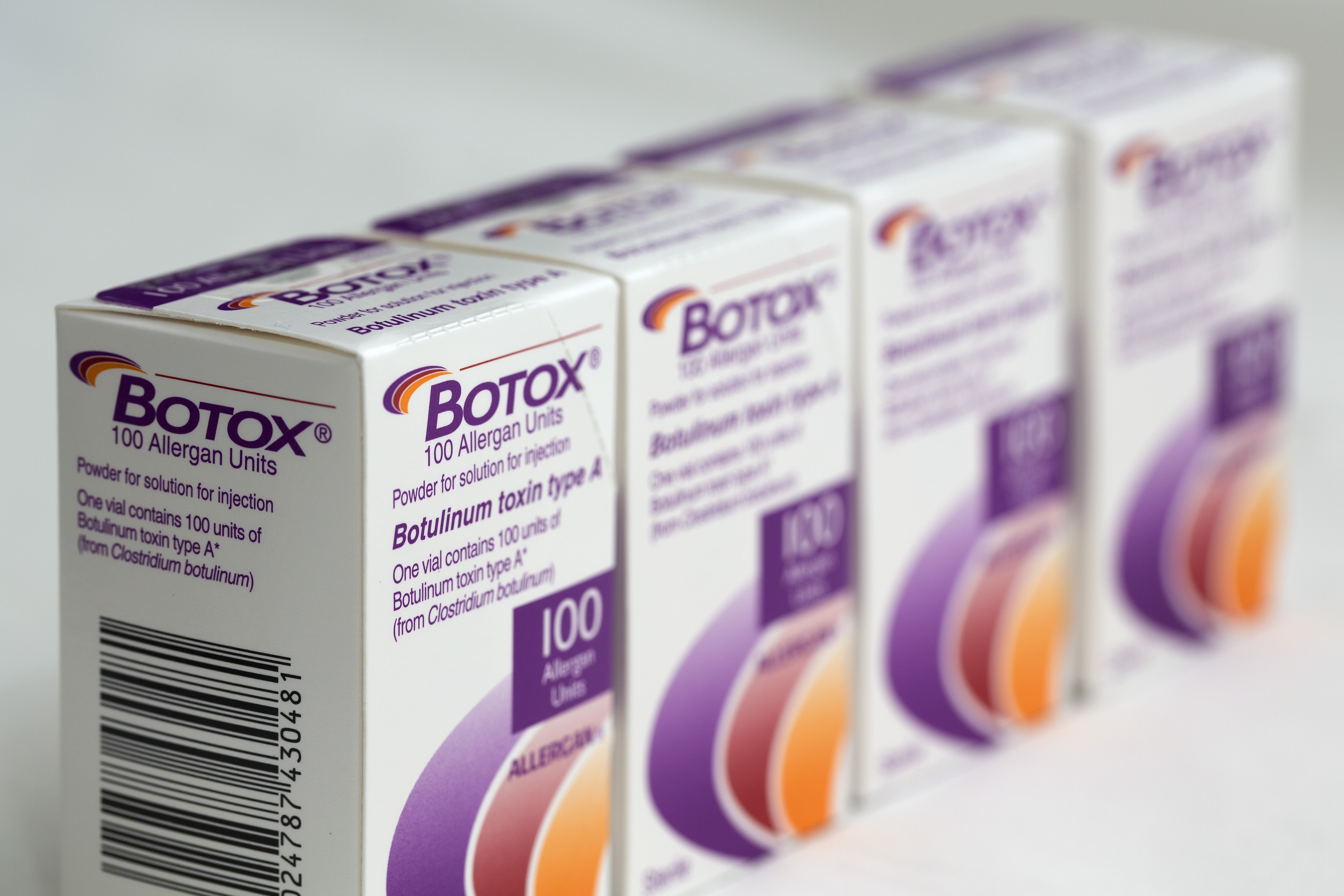In Los Angeles County nearly two people died every day in an opioid related death last year. In Orange County, the rate averaged almost one person a day.
For the first time, the federal drug enforcement agency is targeting pharmacies they say are behind this growing drug abuse.
Federal agents say the warning signs are all there. Prescriptions paid for in cash, patients coming from out of state and many who received the so called trinity cocktail--opioids, muscle relaxants and anti anxiety drugs all in one.
It's been dubbed Operation Faux Pharmacy, with search warrants served at 31 locations from Hawaii to Nevada to Southern California.
According to a federal search warrant obtained by the NBCLA I-Team this pharmacy, Dial Drug, filled prescriptions for more than 115,000 pills of oxycodone a year, every year since 2013.
"I don't prescribe medication, doctors prescribe medication," said Pharmacy Owner David Rubin. He says he has done nothing wrong. "I'm not like one of those pharmacies you read about on TV . Everything is documented everything is crosschecked with the doctors."
Federal agents say there are several reasons they are focusing in on less than one percent of the 4,300 pharmacies in this region. Those being investigated had numerous warning signs.
Health & Wellness
Health and wellness news
"We only went after the pharmacies that we thought were prescribing or putting drugs on the street that had no obvious medical reason to do so," said David Downing, the special agent in charge of the investigation.
According to the U.S Drug Enforcement Administration, medical insurance costs will rise with every illegitimate drug sale.
Authorities said the investigation will be exhaustive as they review records of pharmacies and track how much they sold and who they've sold to.
"Pharmacies are gatekeepers for these drugs just like doctors, and they have the same responsibilities of doctors to handle these drugs in good faith. If they don't do that then a pharmacy, just like a doctor, is acting like a drug dealer," said Ben Barron, Assistant U.S. Attorney.
Not all of the evidence has been taken from drug stores. Agents say they found nearly $2 million in cash at a location connected to one of the pharmacies.
The D.E.A. contends it is a balancing act, ensuring access to patients who need medicine while keeping prescription drugs out of the wrong hands.



